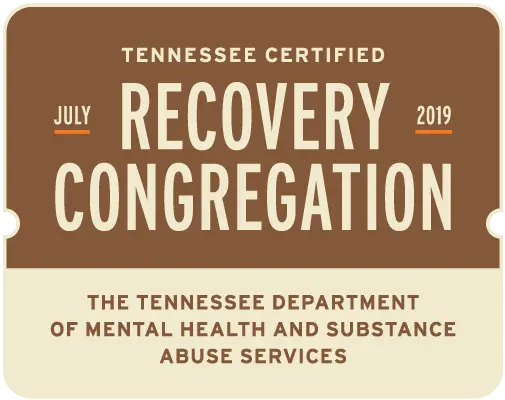If you’re asking this question, you’re likely concerned about a loved one’s journey with alcohol addiction. Whether you’re a mother hoping your son can someday enjoy a champagne toast at his wedding, or a wife wondering if your husband will ever safely join in social occasions, this question weighs heavily on many families’ minds.
Understanding the Heart of the Question
“I remember sitting in early recovery, watching my friends have wine at dinner, and thinking ‘Will I really never have a glass of champagne at my daughter’s wedding?’ That feels like a lifetime ago now. Today, I wouldn’t trade my sobriety for anything.” Anonymous, 8 years sober
“Will I ever be able to drink again?” This question often comes up during recovery, and it’s completely natural for both the person struggling with alcohol and their loved ones to wonder about it. The desire to return to “normal” social drinking can seem like a reasonable goal, especially when you see others who appear to drink moderately without issues.
The Science Behind Alcohol Addiction
When someone develops an alcohol use disorder, their brain undergoes significant changes. This isn’t just about willpower or choices it’s about how alcohol has altered the brain’s reward system and decision-making processes. Understanding these changes helps explain why the answer to this question isn’t as simple as we might hope.
Key points to understand:
- Alcohol addiction physically changes how the brain processes pleasure and makes decisions
- These changes can persist long after someone stops drinking
- The brain can heal, but it requires time and complete abstinence
- Each person’s journey with addiction is unique
Why Complete Abstinence Is Often Recommended
“I tried moderating my drinking for years. One drink on special occasions turned into one drink on weekends, then one drink after work… It was exhausting trying to control it. Complete sobriety actually gave me the freedom I was looking for.” Anonymous, 5 years sober
Most addiction specialists and treatment programs, including Discovery Place, recommend complete abstinence for several important reasons:
- The Risk of Relapse: Even small amounts of alcohol can trigger intense cravings and lead to a full relapse
- Brain Chemistry: The brain needs time to heal and rebuild neural pathways without alcohol’s interference
- Emotional Recovery: Sobriety allows people to develop healthy coping mechanisms and emotional stability
- Success Rates: Research shows that complete abstinence has higher long-term success rates than attempts at controlled drinking
What Happens If Someone Tries Drinking Again?
“After three years sober, I convinced myself I could handle just one beer at a baseball game. Within two months, I was drinking more than I ever had before. That relapse taught me that for me, one drink is too many and a thousand is never enough.” Anonymous, 12 years sober
This is often what families worry about most. While everyone’s experience is different, here are common patterns we’ve observed:
- Immediate Effects: Even after long periods of sobriety, alcohol can quickly trigger old patterns
- Gradual Escalation: What starts as “just one drink” often progressively increases
- Psychological Impact: The stress of trying to control drinking can be overwhelming
- Physical Responses: The body may react differently to alcohol after a period of abstinence
Supporting Your Loved One’s Recovery
Instead of focusing on whether your loved one can drink again, consider these supportive approaches:
- Celebrate Sobriety: Acknowledge the positive changes that come with recovery
- Create New Traditions: Develop alcohol-free ways to celebrate and socialize
- Stay Educated: Learn about addiction and recovery to better understand their journey
- Maintain Open Communication: Keep conversations honest and supportive
- Focus on Growth: Encourage new hobbies and interests that support their recovery
The Path Forward
“When I was drinking, I was always chasing that ‘normal drinker’ dream. Now I realize I don’t need alcohol to be normal I need to be sober to be myself. My kids have their dad back, my wife has her husband back, and I have my life back.” Anonymous, 15 years sober
“The question isn’t whether I can drink again. The question is why would I want to? My life is so much fuller without it.” Anonymous, 6 years sober
Recovery isn’t about losing something it’s about gaining a new way of life. Many people in long-term recovery report that their lives become richer and more fulfilling without alcohol. They often find:
- Deeper, more authentic relationships
- Better physical and mental health
- Improved career opportunities
- More genuine enjoyment of life
- Stronger sense of self
Getting Support for Your Family
Supporting a loved one through recovery can be challenging. You don’t have to navigate this journey alone. At Discovery Place, we understand the impact addiction has on the whole family. Our program provides:
- Comprehensive family support
- Educational resources
- Community connection
- Long-term recovery guidance
Ready to talk about your loved one’s recovery journey?
Call us 24/7 at 1-800-725-0922 to speak with someone who understands or fill out our contact form.


